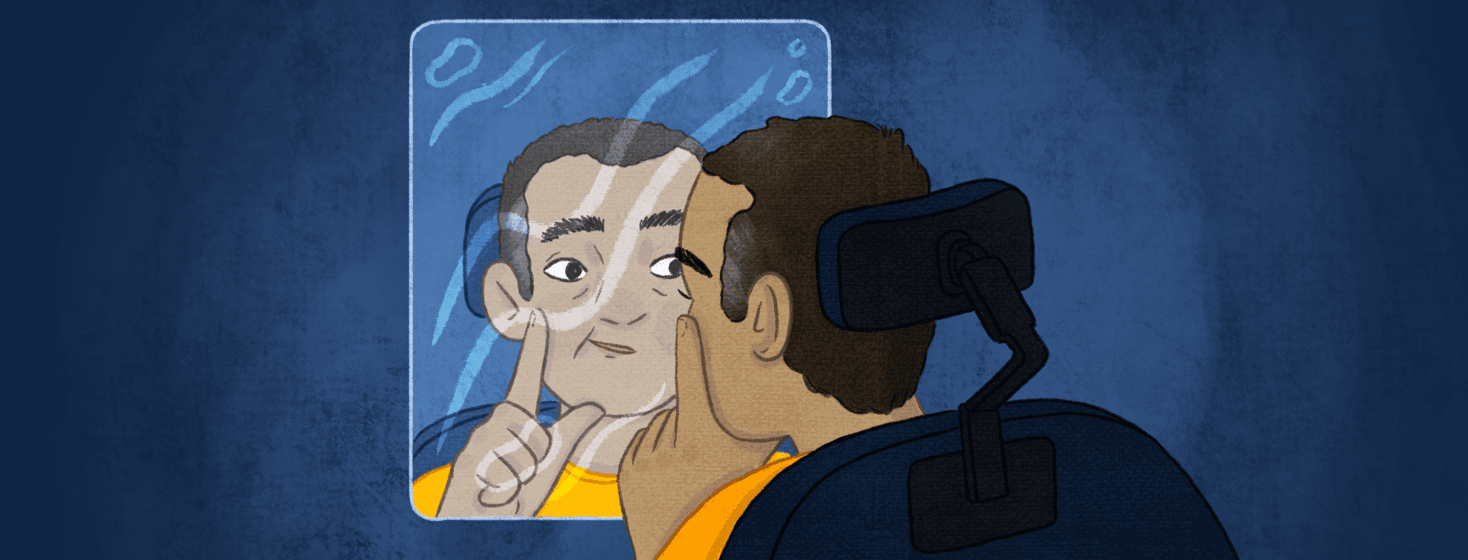Body Perception
One of my missions is giving teenagers the confidence that life isn’t all doom and gloom when dealing with a disability. Back in 2017 I was lucky to be invited to share my story on a small speaking series. It’s been a fun experience for me but one I take seriously. I don’t think I fully understood the gravity of the talk until I did my first one. The audiences vary in age, event to event. At my first event I looked out to a room full of teenagers.
Speaking to teenagers about disability
I immediately thought about what I had prepared that day, and some of my content I deemed too negative for my audience. Unfortunately, the speech coach I had back then didn’t prepare me for what I was about to encounter. I was able to cut out that section on the fly that day. Afterwards, I reworked my presentation to better convey the message I wanted to deliver.
How do I perceive my body?
A recent event that I spoke at only had parents of disabled teens. During my talk, one of the dads started asking about my perception of my body. It started a great conversation. How I think I look and how I actually look are vastly different. In my mind, I see a relatively strong disabled person. However, over the years, the spinal muscular atrophy has wreaked havoc on my body, and when I see a picture of myself, I’m shocked sometimes.
The dad was concerned because his son was still ambulatory but he struggles walking and getting around. His son doesn’t want to use a mobility device like a scooter or wheelchair because he feels it would make people perceive him as disabled. This is something that I fully understood. There are times where I still think this way. This dad thinks his son truly believes people don’t know he’s living with a disability.
During this exchange with the dad I turned the question back to him. How does he perceive his physical self? He met that question with a laugh. It’s human nature to have a different perception of our physical appearance than others see. This idea transcends people with disabilities in my opinion. I had this conversation with my grandparents before they passed. Even when my grandmother was in her 90’s she felt like she was still a young woman.
Becoming comfortable with my body
The key for me is becoming comfortable with my body. The older I got the more comfortable I became with my disability. If you are a teenager unfortunately there is nothing you can do about the physical aspect of your body. People are going to notice our physical impairments. Remember that we are more than our bodies. That’s not always easy to understand when we are teenagers and body image is so prevalent.
What will serve you best is having confidence in yourself. Our bodies are only a part of what makes us unique. People respond to how we make them feel. That feeling starts with how we feel about ourselves. So don’t be too hard on yourself. Put out positive energy and you’ll receive that back from others.

Join the conversation